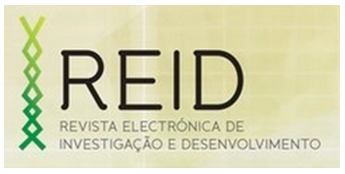E-Learning in the Process of Classroom Teaching and Learning: A Case Study at Catholic University of Mozambique
Simone Mura, Feliciana Eduardo
DOI:
https://doi.org/10.70634/reid.v1i11.138Keywords:
e-learning, higher education, teaching, learning process, sustainabilityAbstract
This article aims to assess the level of implementation of e-learning in the process of classroom teaching and learning in Faculties and Extensions of the Catholic University of Mozambique (UCM). The focus is: i) identify the Basic Units (UBs) integrating e- learning; ii) identify opportunities and limitations of integration; iii) evaluate the organization and implementation of e-learning. The study took a mixed approach of data collection and analysis that is structured in two parts: i) qualitative, based on a process of analysis of documents; ii) quantitative, based on an online questionnaire aiming at listening to the experiences of e-learning within the UBs. The study results show that the majority (seven) of the twelve UBs teach e-learning courses, however it is only at the master and doctorate level and solely one at the undergraduate level. E-learning is mainly implemented as a support for face-to-face teaching where digital platforms have repository function and submission of works. At the organizational and cultural level there is still no institutionalization and an accepted view on e-learning implementation. Most UBs lack confidence as a cause of non-implementation of e-learning courses in general or at the undergraduate level.

